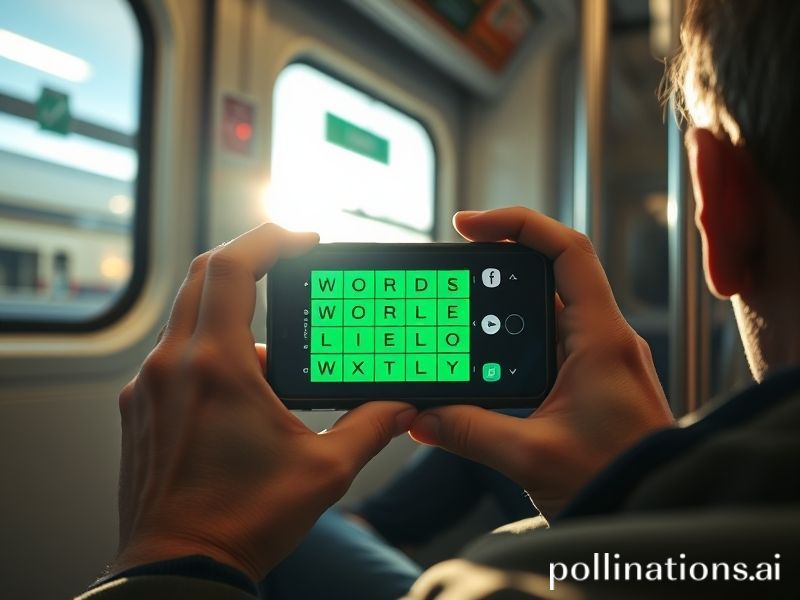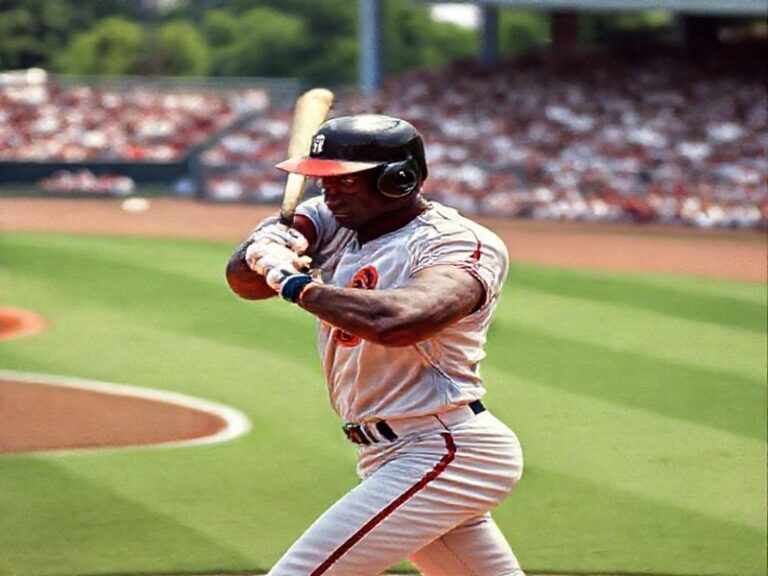Global Shockwaves as Today’s Wordle Spells Out GRAFT: A Five-Letter Diagnosis of World Affairs
Wordle #1,348: A Five-Letter Rorschach Test for the End Times
By our International Desk, 14 June 2025
Sometime around 04:17 UTC, while half of humanity was asleep and the other half doom-scrolling, a fresh five-letter slab of linguistic tofu dropped onto 3.2 million screens. The word was “GRAFT.” Cue the synchronized global gasp, the quiet shattering of streaks from Reykjavík to Rawalpindi, and the inevitable diplomatic incident when a junior attaché at the U.S. Embassy in Nairobi tweeted the solution before the Tokyo Metro had finished its morning rush.
Yes, today’s Wordle is international news, because in 2025 even our procrastination is geopolitical. The puzzle’s owner, the New York Times, claims its servers now process attempts in 192 languages and 47 dialects, including a Klingon beta that’s inexplicably popular in Luxembourg. Analysts at the OECD have started tracking daily Wordle difficulty as a soft-power metric—right between “number of overseas military bases” and “export volume of prestige TV”—and the IMF quietly factors average solve time into its quarterly misery index.
In Brussels, EU regulators convened an emergency Zoom to debate whether “GRAFT” constitutes undue political commentary. Southern member states nodded solemnly; Northern ones pretended not to understand the implication. Meanwhile, in Beijing, state media hailed the word as proof that Western vocabulary is “decadently preoccupied with corruption,” conveniently sidestepping the fact that today’s Chinese-language Wordle equivalent, 拼词儿, featured the character for “harmony” for the fourteenth straight day.
Down in São Paulo, commuters riding the Linha 4 metro discovered that the daily puzzle had been hacked: someone had replaced the usual grid with “BOLSO.” The stunt lasted four minutes—just long enough for the word to trend under #BrazilianSpring, and for local fact-checkers to remind everyone that six-letter answers are, strictly speaking, against the rules.
Of course, the real casualties are the micro-cultures orbiting each linguistic variant. Finnish players spent the morning in existential despair: their agglutinative nightmare of a language turns every Wordle into a six-round negotiation with 28 possible suffixes. In Iceland, a country whose phone book is basically a haiku, the puzzle is so easy that a rogue parliamentarian has proposed adding declensions as a national security measure.
And then there is the matter of leaks. Last month an intern at the Times pushed the wrong button and released the next week’s answers to a private subreddit dedicated to competitive beekeeping. The incident briefly crashed New Zealand’s honey futures market, proving once again that the most dangerous cyber-threats are the ones driven by boredom.
Yet beneath the snickering lies a darker calculus. Behavioral economists at the University of Geneva report that global productivity dips 0.7 percent every Wordle minute after 9 a.m. local time—roughly the GDP of Paraguay evaporating into green, yellow, and gray tiles. HR departments from London to Lagos have begun installing “Wordle curfews,” which employees bypass using burner phones and Morse-code blinks across open-plan offices.
Still, we persist, because the alternative is reading the actual news. Today’s grid offers a merciful 3.8 average guess, which means the species still recognizes “GRAFT” when it sees it—useful, given that graft is precisely what’s holding most governments together. Perhaps that’s the puzzle’s unspoken public service: a daily reminder that corruption, like vowels, is both ubiquitous and finite.
So as the sun sets over another planet-wide round of linguistic sudoku, let us salute the humble five-letter word. It unites us, divides us, and—most importantly—distracts us from the seven-letter apocalypse waiting just off-screen. Tomorrow’s puzzle drops at midnight, UTC. Bring your geopolitical baggage; the algorithm already has.







